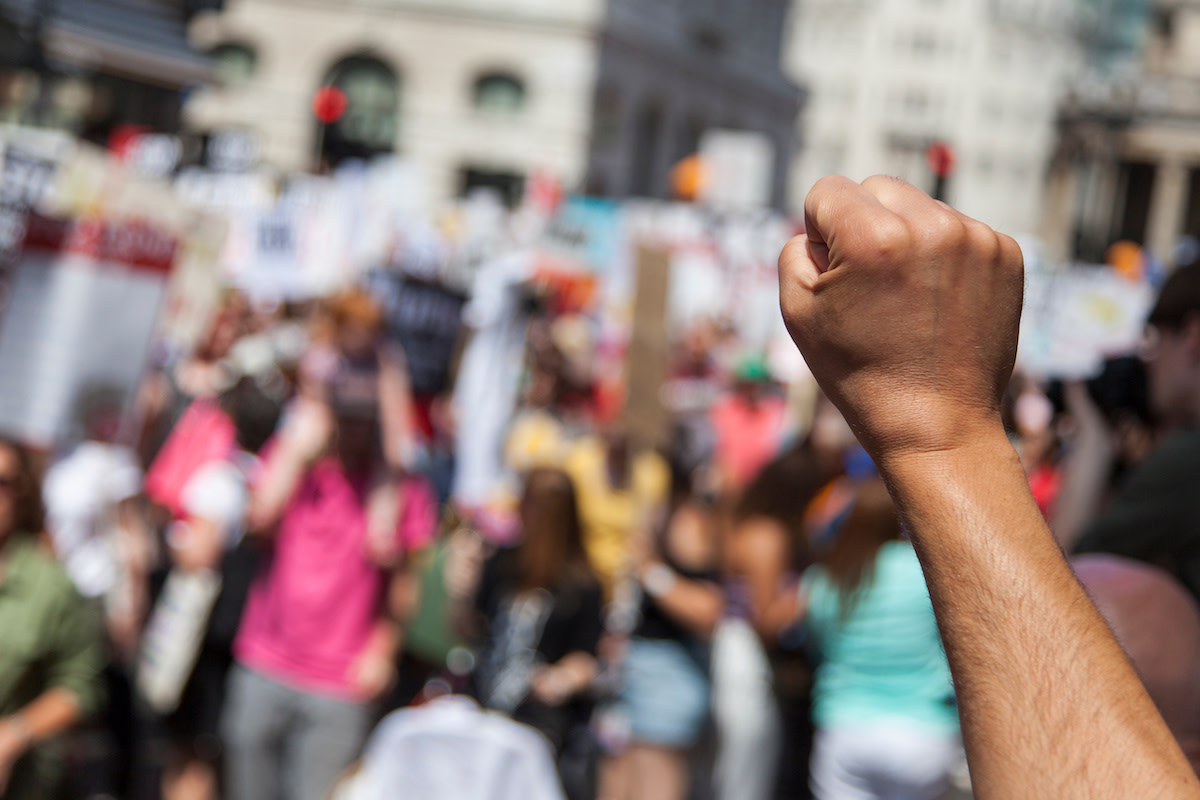Prejudice Meaning: 7 Examples of Prejudice
Written by MasterClass
Last updated: Aug 11, 2022 • 4 min read
Prejudice refers to forming a preconception, often of a negative variety, of a person or group of people. Stereotypes, prejudice, and negative categorization of entire groups of people have all led to numerous injustices throughout history. Learn more about the meaning of prejudice and how you can combat its negative effects.
Learn From the Best
What Does Prejudice Mean?
“Prejudice” is a word in both American English and British English that refers to forming a preconceived opinion about people prior to knowing anything about them as individuals. People make prejudiced assumptions on the basis of stereotypes about a person’s race, ethnicity, gender identity, sexual orientation, and other signifiers. This premature categorization can lead to even worse forms of prejudicing, like active discrimination.
The word “prejudice” itself descends from the Latin praejudicium (“prae” meaning “in advance of” and “judicium” meaning “judgment”). Over time, the word morphed into “prejudice” in both Old French and Middle English and remains the same to this day. Synonyms include preconception, preconceived notion, and prejudgment.
Why Is Prejudice Harmful?
Prejudiced attitudes predispose people to harm other group members for irrational and unjust reasons. From using hate speech in high school bullying to refusing to provide health care to people of a certain sexual orientation, prejudice lays the groundwork for a wide array of cruel behaviors. It leads to showing partiality toward your own group and animosity toward others.
Social psychology professional Gordon Allport charted out how prejudice can start out as mere negative stereotyping and slowly morph into such high levels of partisanship that it leads to danger for other groups. Consider how prejudice toward Black people led to racial discrimination—including slavery and segregation—in the United States or how anti-Semitism paved the way to the Holocaust in Nazi Germany.
7 Types of Prejudice
Prejudice manifests in a host of different ways. Here are just seven unfortunately common examples of prejudice throughout society:
- 1. Ageism: The definition of prejudice is malleable enough to eventually include members of a group whom society no longer favors once they reach a certain age. Many people hold hostile attitudes toward the elderly, no matter what group they’re from otherwise, passing over them for employment opportunities or relegating them to live in solitude.
- 2. Classism: If you find yourself disliking people of a lower economic status or social class, you’re engaging in classism. Thinking you’re part of an elite in-group of people and everyone poorer than you is a second-class citizen is a prevalent example of prejudiced beliefs throughout many societies.
- 3. Homophobia: This form of prejudice refers to holding negative attitudes toward people of a specific sexual orientation. To this day, many people hope to see the rights of gay people curtailed due to their own bigoted attitudes.
- 4. Racism: People of various racial and ethnic groups have faced tragic amounts of prejudice throughout history. The form of racism might change, but the effects are always unjust. For example, racial prejudice reared its head during the internment of Asian Americans.
- 5. Sexism: The nature of prejudice against women sadly allows for a high level of variability, from dismissive attitudes to outright hostility and discrimination. Sexism remains common throughout many cultures, although bold feminist movements counteract it, eager to achieve full equality and justice.
- 6. Transphobia: Transgender people face prejudice as well. Transphobia refers to any instance in which you treat another person differently solely because of their gender identity.
- 7. Xenophobia: Citizens of a nation-state might react in a prejudiced and bigoted way when different groups of immigrants try to enter their country. For instance, many people reacted with hostility toward Muslim migrants during the Syrian refugee crisis.
How to Fight Prejudice
Doing your part to combat prejudice in both yourself and other people helps pave the way to a more just society. Keep these tips in mind as you fight against unfair preconceptions:
- Call out bigotry when you see it. Make a point to call out a prejudiced person for their behavior. For instance, if a coworker is using racial slurs or other harmful idioms, tell them they should stop. On a broader scale, stand up against social norms dictating certain in-groups and out-groups throughout society.
- Educate yourself. Examine the predilection for people to favor their own groups and exhibit negative feelings and attitudes toward other groups. Do research into the plight of specific groups to see how you can help them overcome unjust double standards, negative stereotypes, and prejudiced attitudes.
- Engage in activism. Look for initiatives and movements you can join to advance the rights of marginalized social groups. Try to lobby for more anti-prejudice laws to protect minority groups. Engage in activism in a broad sense and look for opportunities to make a difference in your personal life as well.
- Look out for unconscious biases. Try to keep an eye out for your own prejudices and implicit biases. Take a hard look at the ways you benefit from your particular group membership. Making unconscious biases conscious is a huge step in combating personal prejudice.
Want to Learn How to Be More Empathetic?
Practicing empathy can help you lead more effectively while building stronger relationships across the personal and professional facets of your life. Challenge your perceptions with the MasterClass Annual Membership and take lessons on emotional intelligence from Pharrell Williams, Roxane Gay, Gloria Steinem, Dr. Cornel West, Walter Mosley, Robert Reffkin, and Robin Arzón.
